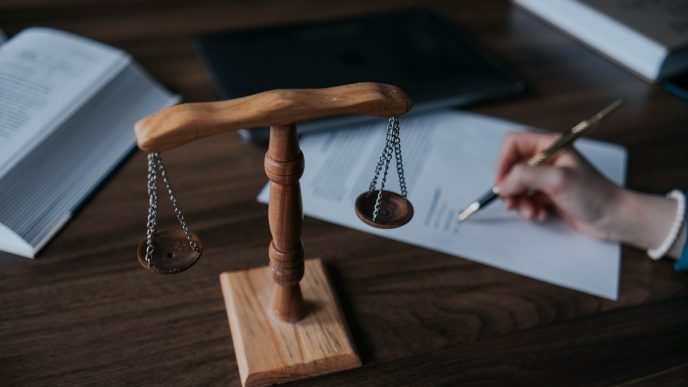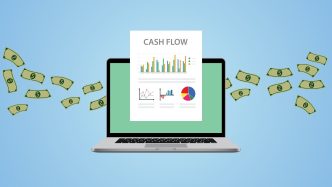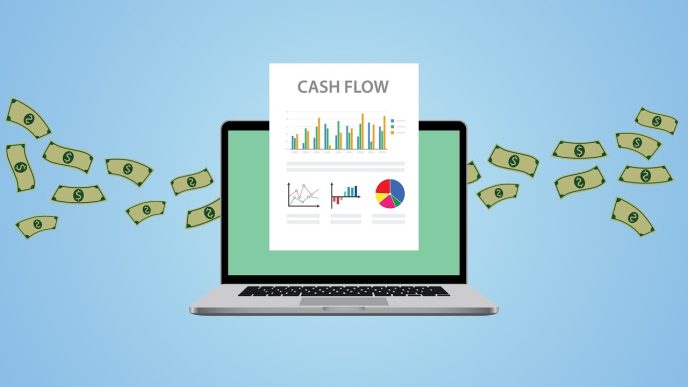We all know that credit scores play a major role in our financial lives. They can determine whether we’re approved for a loan, how much interest we pay on our credit cards, and even affect things like renting an apartment or getting a job. But did you know that checking your credit report regularly can give you more than just peace of mind? It can also help you make better financial decisions, catch errors, and even improve your overall financial health.
Most people only check their credit report when they need a loan, but keeping an eye on it year-round is just as important. Reviewing your credit reports regularly helps you understand your current financial standing, allows you to detect any inaccuracies, and ensures you’re aware of what lenders might see when they evaluate you. If you’re already facing financial challenges, checking your credit report can also help you find the right tools, like an Indiana debt relief program, to get back on track. Let’s dive into the reasons why regular credit report reviews are so important.
- Understanding Your Credit Position
The most straightforward benefit of regularly reviewing your credit report is that it gives you a clearer picture of your current financial position. Your credit report is a detailed record of your credit history, including loans, credit cards, and payment history. Lenders use this report to determine whether you’re a reliable borrower, so understanding it helps you know where you stand.
When you check your credit report, you’re looking at all the information that lenders would see if you applied for a loan or a credit card. This means you can catch any potential issues before they affect your ability to borrow money or affect your credit score. Checking your report regularly helps you identify areas of improvement, like paying down outstanding debts or addressing accounts with high credit utilization.
A clear understanding of your credit position can also give you the insight needed to create a budget or savings plan. Whether you’re trying to pay off debt, save for a big purchase, or plan for retirement, knowing where you stand with your credit is the first step toward making more informed decisions.
- Spotting Errors and Inaccuracies
Credit reports aren’t always perfect, and errors can occur. Sometimes, accounts that aren’t yours can show up on your report, or old debts may be listed as outstanding when they’ve already been paid. These inaccuracies can hurt your credit score and make it harder to get approved for loans or credit cards.
By reviewing your credit report regularly, you can catch these mistakes early and dispute them before they cause bigger problems. For instance, if you find an account on your credit report that you don’t recognize, it could be a sign of fraud. Or, if you see a late payment that you know was paid on time, you can contact the credit bureau to have it corrected.
The earlier you catch these issues, the easier it is to fix them. This can save you time, money, and unnecessary stress down the road. And if you’re planning to apply for a mortgage or auto loan, checking your report beforehand will allow you to resolve any problems before the lender sees them.
- Protecting Yourself from Identity Theft
Identity theft is a growing problem, and one of the quickest ways to spot it is by checking your credit report regularly. If someone has stolen your personal information and opened new credit accounts in your name, you might not realize it until it’s too late. This can have a serious impact on your credit score, and fixing the issue can be time-consuming and stressful.
By reviewing your credit report regularly, you can detect unauthorized accounts, credit inquiries, or unusual activity. If you spot something suspicious, you can take immediate action to freeze your credit or report the issue to the authorities. Monitoring your credit helps you catch problems early, preventing further damage to your financial reputation.
In addition to catching fraudulent activity, regularly reviewing your credit report can help you understand how your credit is evolving over time. You can see which debts are being paid down, which accounts have been opened, and how your credit score is changing. This makes it easier to keep track of your financial progress and address any issues before they get out of hand.
- Planning for the Future
One of the best reasons to check your credit report regularly is to set yourself up for future financial success. Whether you’re saving for a home, car, or business, your credit report plays a key role in the types of loans and interest rates you can qualify for. By reviewing your credit regularly, you can make sure you’re in the best position possible when it’s time to make a major purchase.
For example, if you’re planning to buy a house, it’s crucial to know your credit score ahead of time. If your score is lower than you’d like, you have time to take steps to improve it before applying for a mortgage. This might include paying down high-interest debt, reducing credit card balances, or disputing any errors on your credit report. Checking your credit report ahead of time helps you avoid surprises and ensures you’re ready to make a major purchase when the time comes.
Additionally, understanding your credit can help you prioritize your financial goals. If your credit score is low, it might make sense to focus on building it up before taking on large financial commitments. If your report reveals areas where you can improve, such as reducing your debt or diversifying your credit types, you can set manageable goals that move you closer to your financial dreams.
- The Role of Credit in Debt Management
If you’re already struggling with debt, checking your credit report is even more critical. Many people don’t realize that their debt situation can directly affect their credit score and vice versa. For example, if you’re carrying a lot of credit card debt, it’s likely that your credit utilization ratio is high, which can hurt your score. Regularly checking your credit report allows you to see how your debt is impacting your credit and make adjustments accordingly.
In some cases, debt relief programs or debt consolidation loans can help you pay down your debt faster and improve your credit score. If you’re in Indiana, for instance, an Indiana debt relief program can assist you in managing multiple debts by consolidating them into one manageable payment. By checking your credit report regularly, you can track the effectiveness of these strategies and ensure that you’re on the path to financial recovery.
- Free Access to Credit Reports
Another great thing about credit report reviews is that they are free. You’re entitled to one free credit report per year from each of the three major credit bureaus—Equifax, Experian, and TransUnion. This means you can check your credit report three times a year at no cost. It’s a smart idea to space out your checks, so you’re reviewing your credit report every few months to ensure everything remains accurate.
There are many websites that offer free credit reports, but make sure you use trusted and reliable sources. The only authorized site for free credit reports is AnnualCreditReport.com, which allows you to request your report from each of the major bureaus once a year.
Final Thoughts: Stay Proactive with Your Credit
Checking your credit report regularly isn’t just about tracking your score—it’s about understanding your financial health, catching mistakes, and protecting yourself from identity theft. Whether you’re planning for a big purchase, working to improve your score, or just keeping an eye on your financial well-being, regular credit report reviews help you stay informed and empowered.
By making credit report reviews a regular part of your financial routine, you’ll be in a better position to handle financial challenges, make informed decisions, and achieve your long-term financial goals. So, take the time to check your credit today—you’ll thank yourself later.













